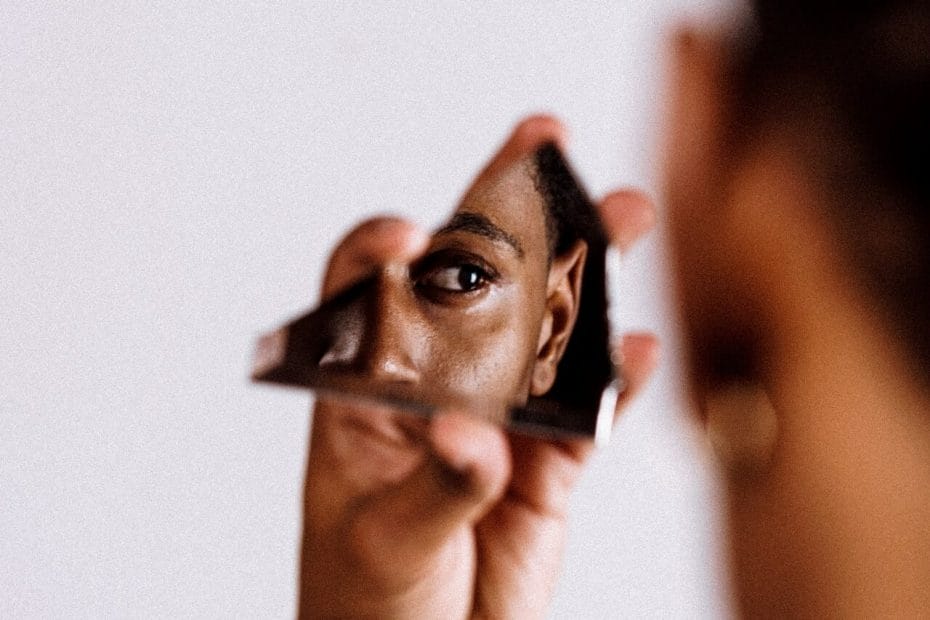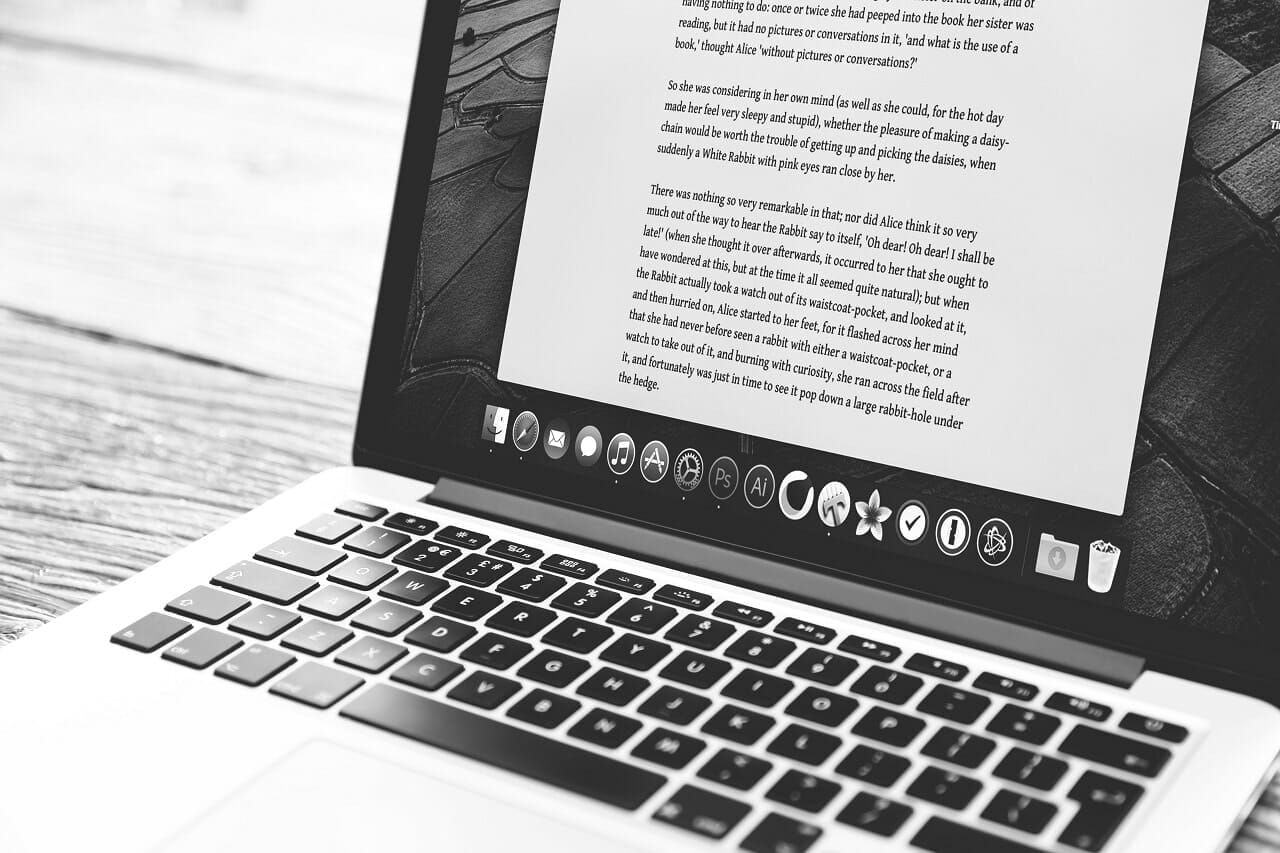When I first read that tricycles popularly called keke napeps had been banned from Abuja roads, I logged out of twitter and called my sister.
“Have keke napeps truly been banned from Abuja?”
“Yes o”, she said. “You need to see how we have been trekking since.” She added.
Why? Which was the reasonable thing to ask.
I don’t know o. I heard something about regulating crime rate, or something like that
“That’s crazy and unfair.”
“It is, but what can we do?” She asked.
“Do you think they will bring them back?”
“I doubt. But we can hope.”
Hope. That word. It is what triggered my writing this. Nigerians have been hoping for too long. Hopeful for the basic things that we deserve, that we work for every day. Hopeful for good water supply, for good electricity, good roads and good leadership. It became somewhat clear to me that in doing that, reigniting that hope over and over again, we have become malleable. We have been moulded far too many times into quite a number of shapes and sizes, sometimes bigger, sometimes smaller depending on how we need to be used. And I thought ‘God! What a pitiful situation we are in.’
These people have just been told ‘take your tricycles off our streets. We don’t care where you go; we just want to sanitize Abuja’ as if they are ‘dirt’.
This is why people leave. And choose to live in countries where they as second class citizens. I see it many times on Twitter, Instagram and Facebook.
They say “Don’t leave your country, there is no place like home”, and I remember Warsan Shire’s verse ‘no one leaves home unless home is the mouth of a shark’.
Maybe Nigerians know that home is here, in Nigeria but for so many, it is not enough. It is not enough to stay in one place without growth, no matter how much hard work one puts in. And for that reason, many would like to go to places where their efforts will yield actual results, not peanuts. Not thirty thousand naira jobs that despite the ridiculously low salaries, are hard to find.
So when someone says ‘hope’, I get upset. We keep hoping for what we should have, what we deserve and all that we have worked for to be given to us as if it is not our right. I often assume that politicians make decisions regarding our lives, in their living rooms while sipping tea and watching football. They are saying ‘Accept it or not. It doesn’t affect us in any way.’
I still do not completely understand. I ask myself several times ‘do our leaders have empathy?’ I fight everything within me just to believe that they do, yet they come up with something that proves otherwise.
Nigeria’s population is almost two hundred million. For a country that has nearly half of its population in extreme poverty (86.9 million according to Quartz Africa), banning tricycles shouldn’t be among the top of its priorities. This is something that a developed country would do because there is a working transportation system and most of its population is gainfully employed.
You want to curb the activities of criminals, and you think banning tricycles is the way to do that? People’s lives have been affected greatly. What has been done is not curbing crime rate, but increasing it. They have responsibilities. They depend on this job to bring food on the table. Many of these tricycle drivers do not own the tricycles. They have to work for a period of time before ownership is transferred to them. They have built homes in this city and they have families to cater for. If really tricycle owners are a nuisance, then, please provide an alternative so that these people can live without having to feel like criminals in their own country all because they are trying to survive. And the worse thing is they can’t even properly express their frustrations because they are too busy looking for other means to survive.
Nigerians have taken too much nonsense from our leaders, people have died in elections, and families lost loved ones because of politicians who do not even acknowledge these deaths or have deliberately failed to comprehend the gravity of the situation. It is painful to watch the average Nigerian struggle so much for their source of livelihood. It is even more painful to see that most of the times, these efforts are often fruitless. Every year, there is a whole new difficulty we must overcome. Each year harder than the previous year. Every year we work twice as hard to meet up with our goals. We are swimming in rough water, in a dark, stormy night without knowing the direction to head. But we have to swim because if we do not, the option left will be to drown.
And this is why many have expressed outrage at the proposed social media bill. It’s funny that in performing their duties, Nigerian leaders see expressing our opinions on issues that directly affect us on social media as a threat to good governance. All this just so that leaders can avoid being told how badly they are performing. It is all truly ridiculous, and it still feels like this is all not real, as if all this is happening in a country other than Nigeria. Not on top of all the many other problems we face. For example, the bill states that;
“… 3.) A person must not do any act in or outside Nigeria in order to transmit in Nigeria a statement knowing or having reason to believe that:
… VI.) Diminish public confidence in the performance of any duty or function of, or in the exercise of any power by the Government.”
In a nutshell, Nigerians will go to jail or pay a huge sum of money if we diminish public confidence in Government. My question to the legislators is, isn’t public confidence in Government supposed to be dependent on the actions of Government? When did it change? Nigerians cannot stop expressing our opinions on issues that affect us (i.e. right to express political views), enforcing laws to prevent that is a violation of human rights under the Human Rights Act 1998. You can read more about this here.
Another breach of human rights is the Access blocking order:
“The police may issue an access blocking order directing the Nigerian Communications Commission (NCC) to order an Internet service provider (ISP) to disable access by end-users in Nigeria to an online location where a false declaration is being transmitted. This applies to cases where there has been failure by a person to correct or stop the transmission.
“ISPs that fail to comply can face criminal charges and are subject to a fine of up to ₦10 million.”
It is pertinent to say that in the above, the bill does not state who determines what is false and what is true; therefore it goes without saying that this power goes to the government. In an essay, radio presenter Nelly Kalu describes his experience as regards the Access blocking order. He was live on air in October 2017 in a talk show discussing the Asaba massacre on its 50th anniversary when someone on the other end gave an instruction to ‘Shut the show down’. You can read more about this here.
This is what it will be like if the Social media bill is passed into law. A person of higher authority or power determines the news that should be broadcast. In other words, everything we read or watch will be fed to us. Isn’t this a way of our politician’s protecting their self-interests? It begs the question of whether they have something to hide.
In Nigeria, we have fashioned our minds to always think positively no matter how much the world around us crumbles. We force ourselves to smile and say encouraging words and words of hope. But this does not mean that we are unaware of our own suffering. After a hard day at work, we come back home, turn on the TV or radio, hoping to hear something good or reassuring, but most of the times, it is the same.
The level eight worker who was hoping to earn more than his fifty thousand naira with the introduction of the new minimum wage will only see an addition of ten thousand naira and he has to smile and be grateful for that because, why not? People earn way less than that and they still ‘survive’.
Until we understand that our system will continue to disfavour us, we will never try to get out of it. We will always bend and bend until eventually, we break. We need to raise our voices louder and refuse the subtly, slowly growing oppression before it consumes us. The tricycle driver is no different from the civil servant. We are all Nigerians fighting to survive in a society that cares very little about our struggles. Our pain is shared and our goal is a common one – which is to not just succeed despite the odds, but to also create a better, healthier environment for generations to come.



